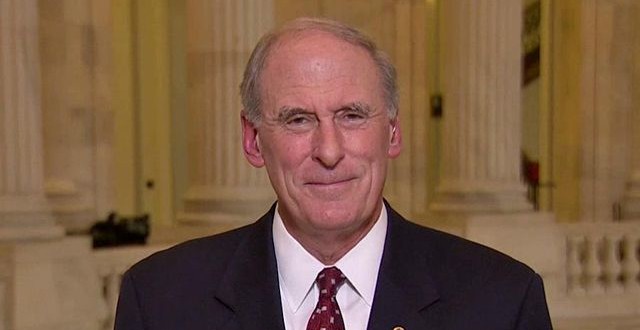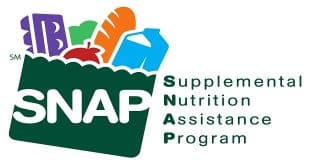WASHINGTON, DC – Senator Dan Coats (R-Ind.), a member of the Senate Finance Committee, voted for the Trade Facilitation and Trade Enforcement Act Conference Report on Thursday afternoon. The legislation, which passed the Senate 75 to 20, is the largest legislative reform in customs and enforcement policy in nearly 20 years.
The legislation included the bipartisan Residue Entries and Streamlining Trade (REST) Act, a proposal authored by Senator Coats. The Coats bill would remove an onerous Customs and Border Protection (CBP) requirement and help streamline international trade.
“Hoosier manufacturers and agricultural producers rely on efficient shipping to get their goods to foreign markets” said Coats. “CBP’s current residue policy increases costs and creates needless layers of red tape for the empty freight containers returning to the United States. My legislation will remedy the situation by treating these containers with trace amounts of residue as empty, just as CBP has done historically.”
The Coats proposal would change the CBP’s ruling that requires inbound cargo entries holding trace amounts of residue from transported product to be classified and processed before the truck, rail or ship can be considered empty and released. These containers typically are reloaded with the same product or completely cleaned in the United States. The CBP ruling raises costs and slows international commerce unnecessarily. It also runs contrary to long-standing precedent.
The bill also includes language to improve enforcement of U.S. trade laws. This new language will establish new tools for CBP to prevent foreign manufacturers from illegally dumping steel or other goods on the U.S. market and evading trade law penalties, safeguarding the Hoosier manufacturing industry.
The Trade Facilitation and Trade Enforcement Act Conference Report, which includes the Coats proposal, has now passed both the House and Senate and heads to the president’s desk to be signed into law.






